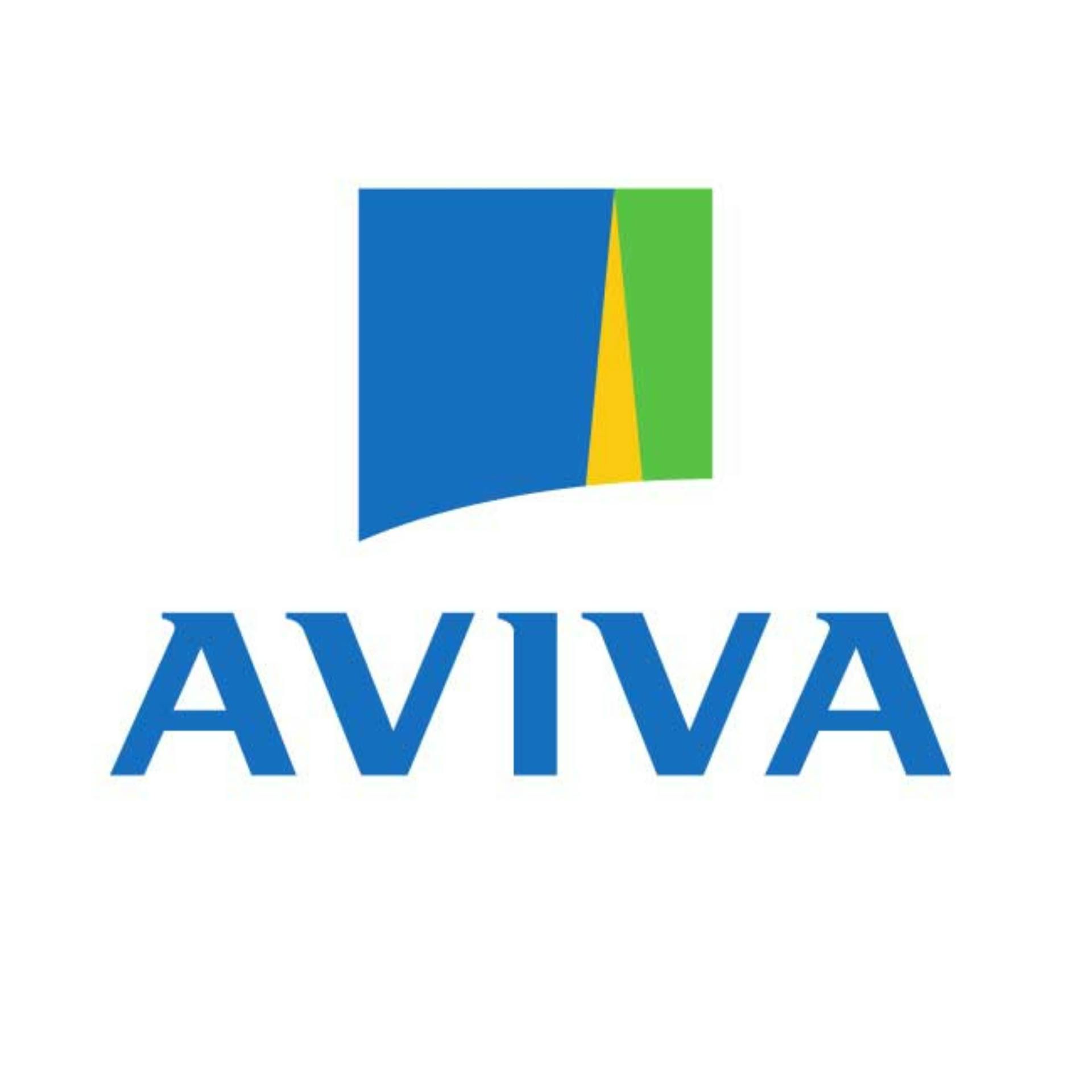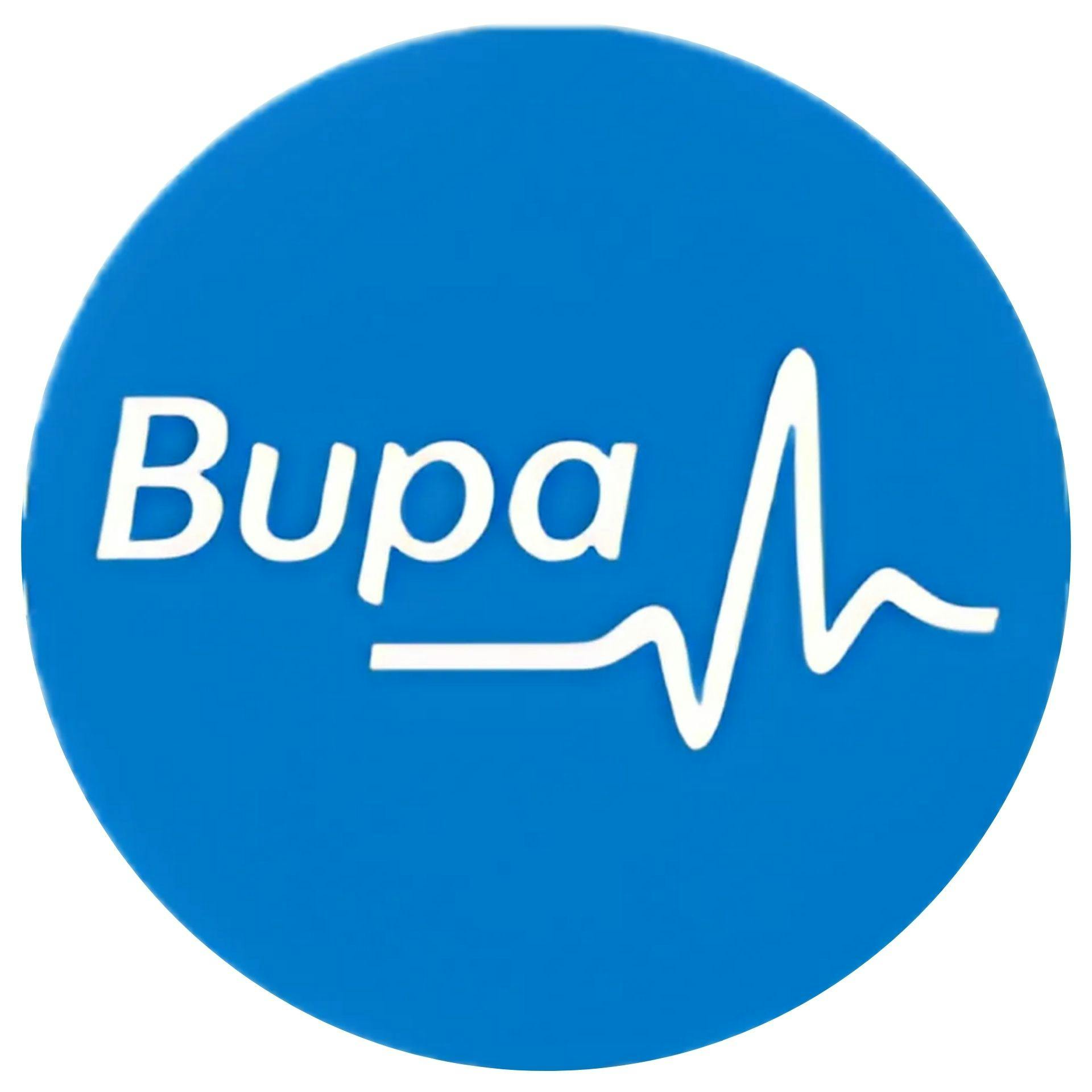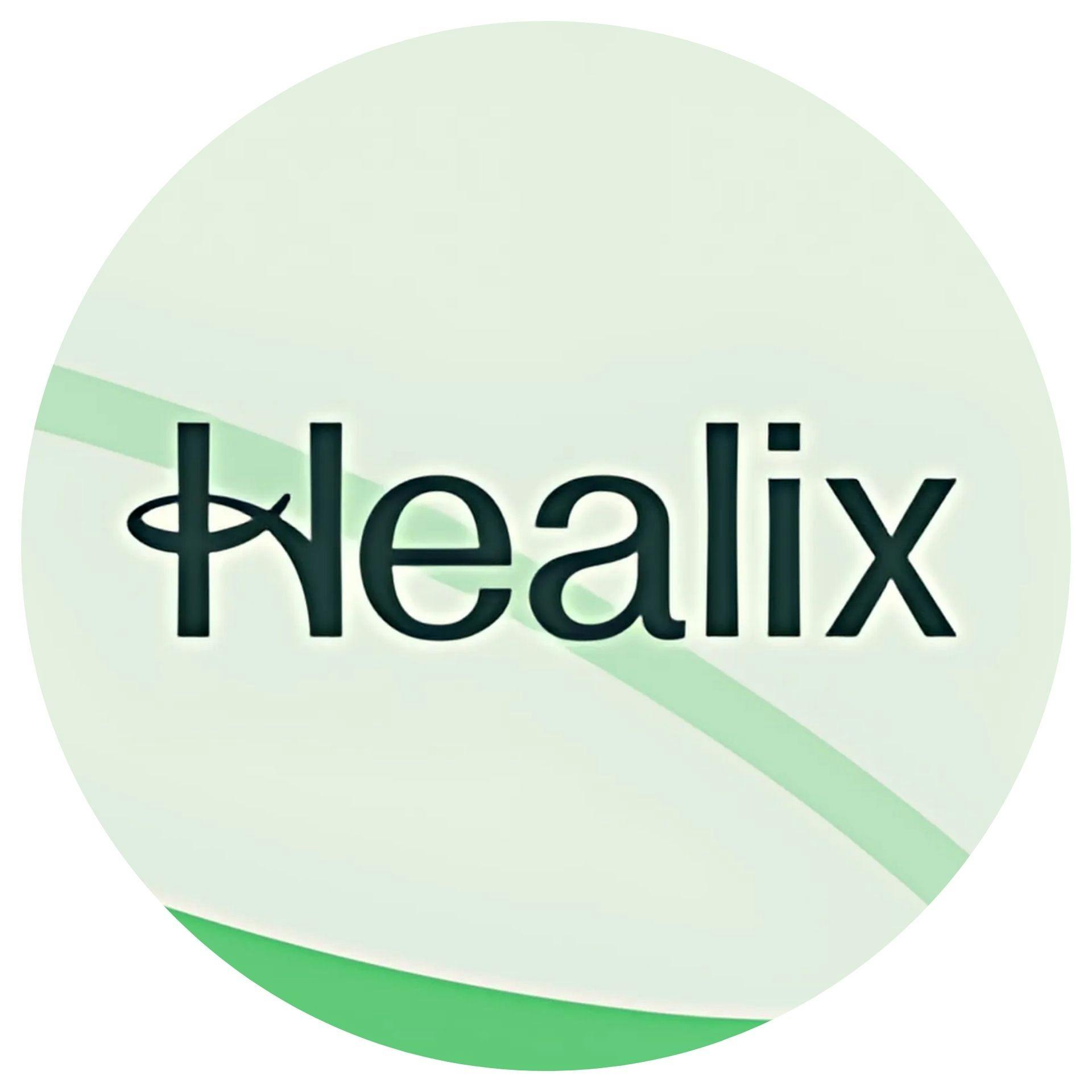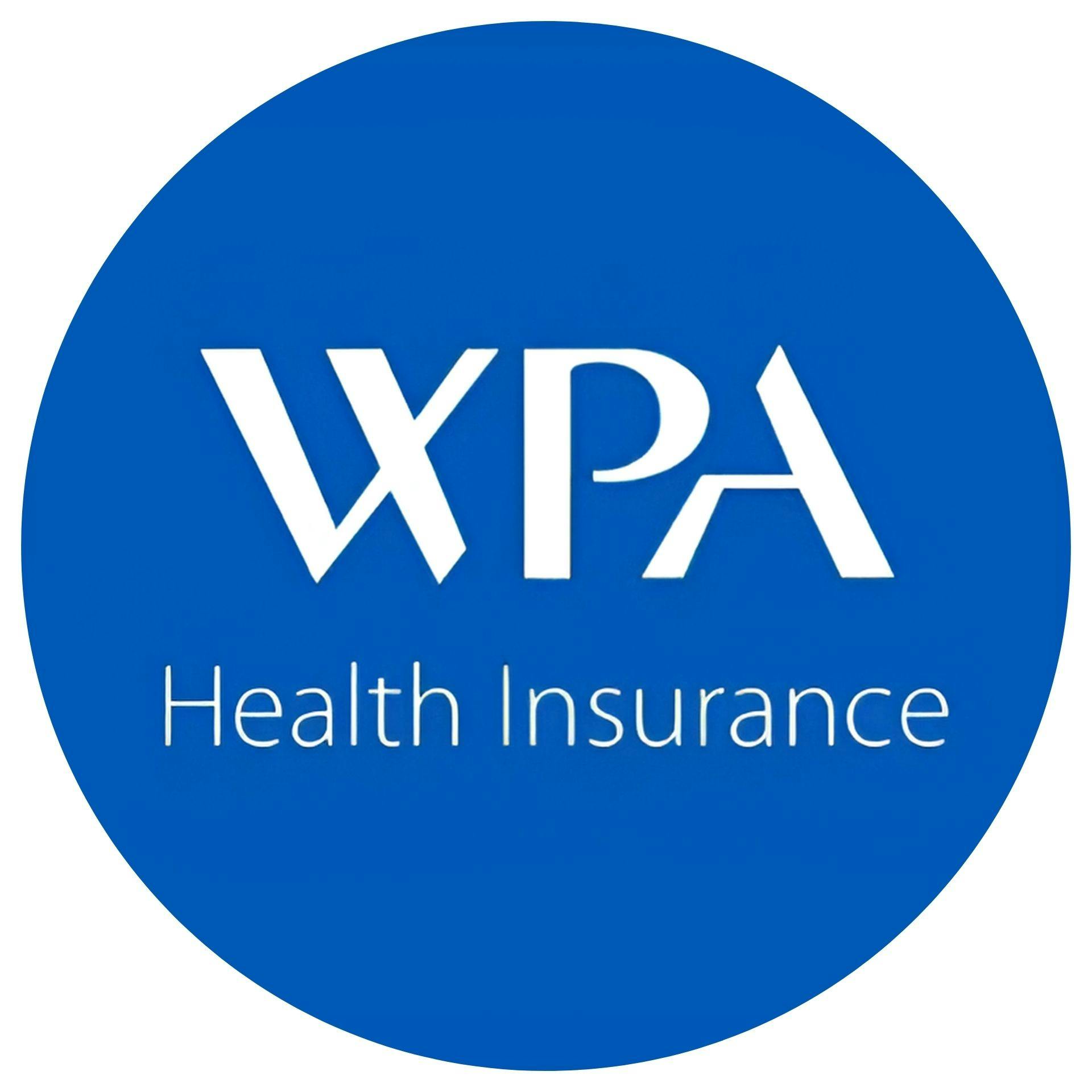Duty of Candour Annual Report
Every healthcare professional must be open and honest with patients when something that goes wrong with their treatment or care causes, or has the potential to cause, harm or distress. Services must tell the patient, apologise, offer appropriate remedy or support and fully explain the effects to the patient.
As part of our responsibilities, we must produce an annual report to provide a summary of the number of times we have trigger duty of Candour within our service.
|
Name & address of service: |
Elanic 132 Bath Street Glasgow G2 2EN |
|
|
Date of report: |
July 2023 |
|
|
How have you made sure that you (and your staff) understand your responsibilities relating to the duty of candour and have systems in place to respond effectively?
How have you done this? |
Yes
Mandatory Duty of Candour training on the e-learning platform. COP – 033 – Duty of Candour Policy available to all staff on the online platform. This is part of the induction programme. |
|
|
Do you have a Duty of Candour Policy or written duty of candour procedure? |
YES |
|
|
How many times have you/your service implemented the duty of candour procedure this financial year? |
|
|
Type of unexpected or unintended incidents (not relating to the natural course of someone’s illness or underlying conditions) |
Number of times this has happened (August 2022 – July 2023) |
|
A person died |
Nil |
|
A person incurred permanent lessening of bodily, sensory, motor, physiologic or intellectual functions |
Nil |
|
A person’s treatment increased |
Nil |
|
The structure of a person’s body changed |
Nil |
|
A person’s life expectancy shortened |
Nil |
|
A person’s sensory, motor or intellectual functions was impaired for 28 days or more |
Nil |
|
A person experienced pain or psychological harm for 28 days or more |
Nil |
|
A person needed health treatment in order to prevent them dying |
Nil |
|
A person needing health treatment in order to prevent other injuries as listed above |
Nil |
|
Total |
|
|
Did the responsible person for triggering duty of candour appropriately follow the procedure?
If not, did this result is any under or over reporting of duty of candour? |
No action required as no incidents. |
|
What lessons did you learn? |
Not applicable
|
|
What learning & improvements have been put in place as a result? |
Not applicable
|
|
Did this result is a change / update to your duty of candour policy / procedure? |
Not Applicable |
|
How did you share lessons learned and who with? |
Not Applicable |
|
Could any further improvements be made? |
Not Applicable |
|
What systems do you have in place to support staff to provide an apology in a person-centred way and how do you support staff to enable them to do this? |
All staff have Duty of Candour training. We have an incident reporting system. We review all incidents at our quarterly Governance meeting. All patients would be offered an apology in a face-to-face meeting or if applicable via telephone. |
|
What support do you have available for people involved in invoking the procedure and those who might be affected? |
We promote a culture of learning and openness, free of blame. This helps encourage reporting of incidents. |
|
Please note anything else that you feel may be applicable to report. |
Nil |








